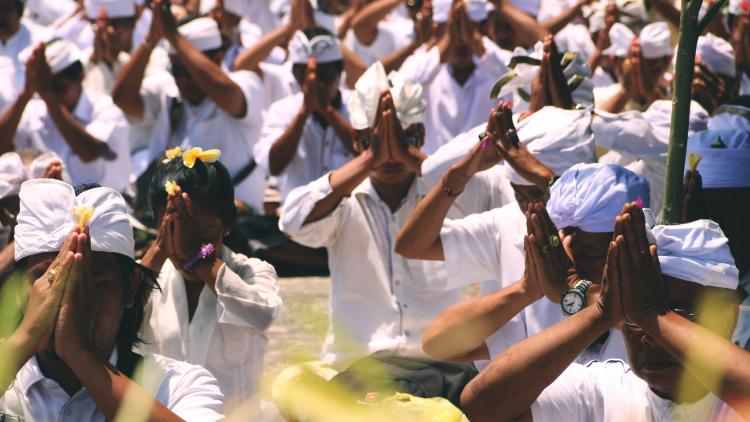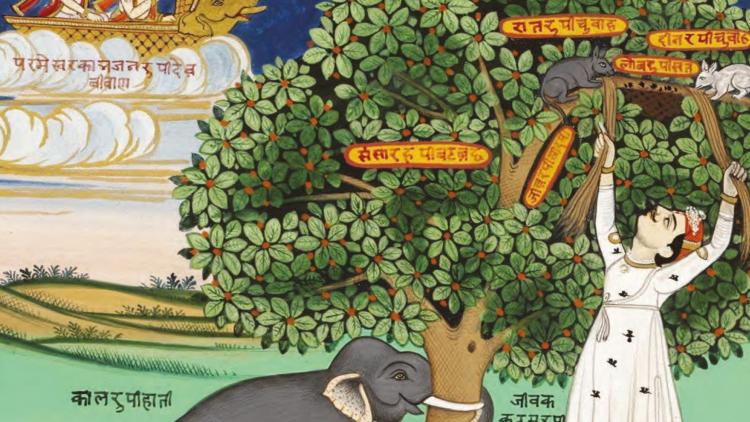Street Philosophy Workshops


Overview
The street has always been a vibrant, intensely rich and productive space, site and locus for social life, cohesion, action, concept-making, resistance, assimilation, and creativity.
Street life, street music, street art, street theatre, street food and other street related concepts have for long been fertile resources for social and humanistic studies such as in urban sociology, hospitality and tourism, development studies, literature and art studies.
But an often ignored and underexplored street-related concept is street philosophy, which consists essentially of philosophical ideas emerging from, and collectively achieved in, the street about such matters as the understanding of existence, being, knowledge, morality, beauty, selfhood, and resistance.
But what connections or disconnections can exist between street philosophy and academic philosophy? In what ways are they loci of philosophical activities such as conversations, reflections, critique, deconstruction, construction of normativity, formulation of concepts and ideas about being, knowing, acting, or simply existing? What intersections if any, are there between street philosophy and academic philosophy? How might the street become a fertile ground for academic philosophy about a place?
To be sure, these connections are at best very blurred if as philosophers we put on our star-gazing lenses in our academic skyscrapers and maintain the radical binary between academic philosophy as produced by the thinking individuated self and collectively achieved and flourishing philosophies emerging from traditions, cultures, lifeworld, communities and the street. This approach to doing philosophy not only pretends to remove academic philosophy from the situatedness, horizons and concreteness of its activities, but denies the importance of our lively communities and lived experiences for academic philosophy.
The Street Philosophy Workshop Series is organised with two goals in mind: to explore, interrogate and analyse the rich and thick philosophical concepts and ideas emerging from streets in communities and cultures around the globe about knowledges, aesthetics, being, existence, understandings of selves and others, assimilation and resistance; and to examine and analyse the intersection of, connections and disconnections between, and shared importance of, street philosophy and academic, armchair philosophy.
This requires going beyond and overcoming deeply rooted binaries in traditional academic philosophy (e.g., academic-culture / street philosophy, individual-collective authorship in philosophy, and written-oral philosophy) in order to productively engage with the street as a site of existence where philosophical and existential thoughts on be-ing, existing and normativities and axiologies of existence flourish.
The key objective is to have a workshop each year that explores some specific philosophical concept or idea that has become popular and important in the way people understand their being and existence in the streets of specific places and cultures and have rich conversations about how such concepts connect with academic philosophical concepts, what academic philosophy can learn from them, and what the streets can learn from academic philosophy.
Workshop 1: Sapa, Humour, Resilience and the Existentiality of Suffering
Our very first visit to the streets was to the Nigerian streets. A Workshop was held on July 21, 2022 at the University of Ibadan, Nigeria, to explore one of the most popular and meaningful street concepts that dominates the contemporary Nigerian streets both physical and virtual and has gained much popularity due to its high presence in social media.
It is a concept that is by every standard philosophical and existential, the concept of sapa. Sapa is originally a word from one of the major languages in Nigeria, the Yoruba language, which has now become a generally accepted Nigerian Pidgin English word defined by the Urban Dictionary as a word used to describe the existential state of extreme brokenness or poverty, usually after extravagant spending. It generally describes the existential condition of suffering that many Nigerians find themselves in.
The workshop explored the philosophical contents of Sapa, including:
- The humour and aesthetics embedded in the way it is often expressed as seen in numerous memes on sapa that has flooded social media, reminding us of the famous song of one who led the Nigerian street, the Afrobeat pioneer Fela Kuti, who sang "Suffering and Smiling"
- The conditions that leads to sapa, which raises issues of, and questions about, a failed state, street and public understanding of the meaning of life or of a life worth living and how that is connected to consumerism, economic materialism and lingering mental colonisation
- The perceived way out of sapa, the impossibility of completely doing away with sapa and how best to live with sapa, which includes discourse about solidarity, shared suffering, reliance on others, building of resilience and maintaining humour and happiness in the face of adverse existential situations
Contact
If you have an interesting street philosophy concept to explore in your space, please write to us about it at ei4@soas.ac.uk.




